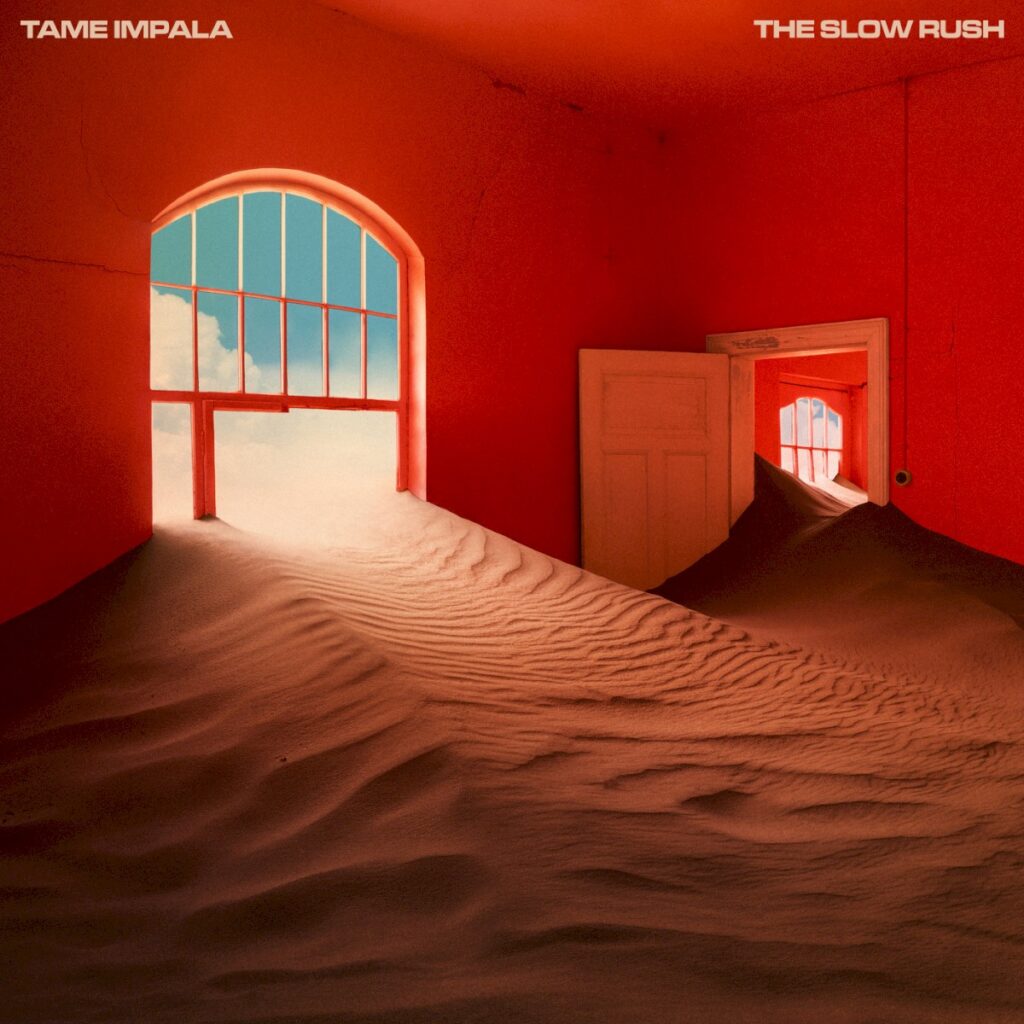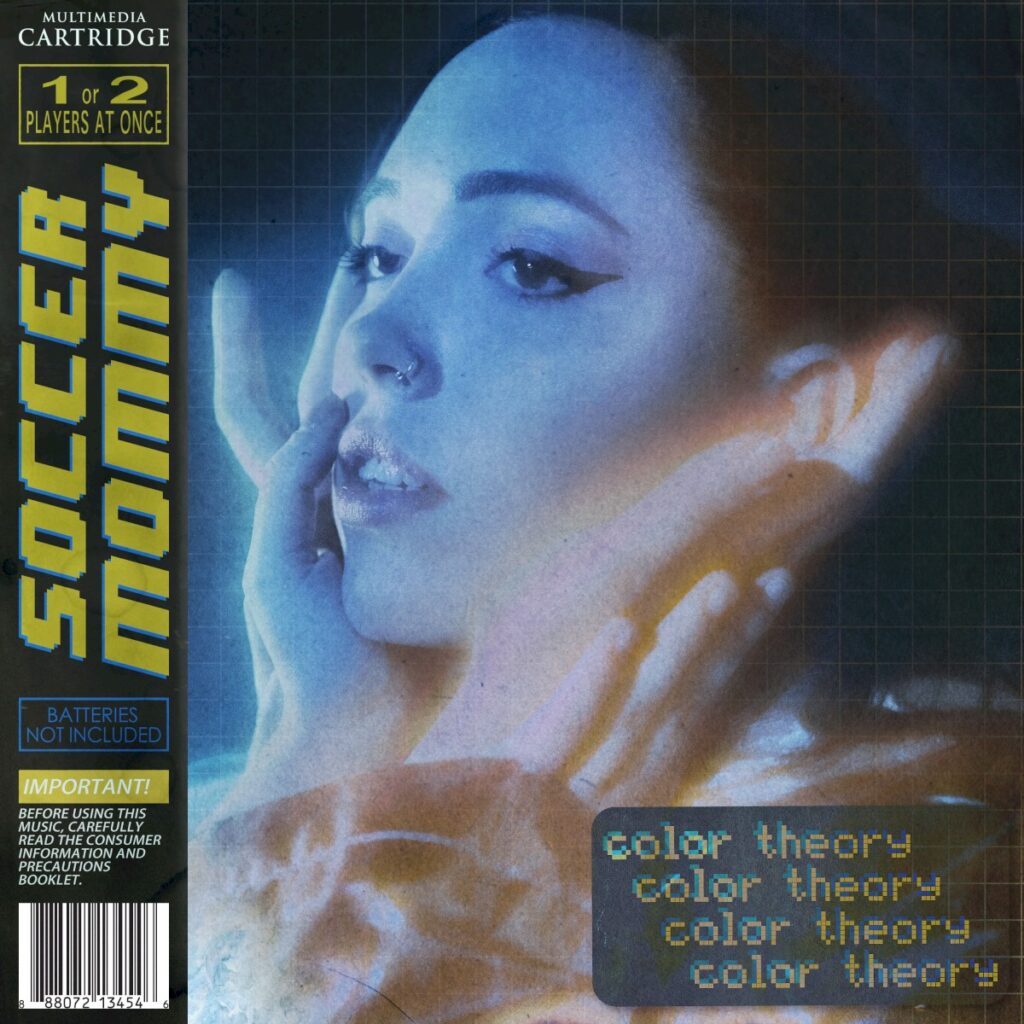Previously,
The Best 20 Albums of 2020: My Picks #20-16
15.
Laura Marling, ‘Song For Our Daughter’

You’ve picked up some tricks that you learnt on your way
For fear you’d be lonely if you never changed
Oh my
You lost your faith
Laura Marling’s Song For Our Daughter is akin to a heartfelt letter, full of wisdom, aspirations, and numerous life lessons. Marling, a British folk singer known for her poetic lyricism and introspective storytelling, has crafted a conceptual album that revels in simplicity and depth, capturing the essence of an imagined dialogue between herself and a fictional daughter. The conceptual framing of Song For Our Daughter is both intimate and expansive. The album is not written for a literal daughter but addresses a figurative one, serving as a vessel for Marling to explore themes of womanhood, empowerment, and the passage of time. Marling’s approach allows her to offer candid observations and affirmations that she found difficult to provide herself, ultimately rendering the album a nuanced exploration of modern femininity. On tracks like the titular Song For Our Daughter, she contemplates the myriad adversities that women face, from societal expectations to personal traumas. Marling’s lyrical prowess is on full display throughout the album, with evocative narratives that intertwine personal reflections with broader societal commentary. In Fortune, inspired by her mother’s ‘running away fund’ that was never used, Marling sings about the feel of powerlessness and missed opportunities, mirroring the anxieties and dreams that many women harbor. Song For Our Daughter is characterized by its sparse arrangements and understated elegance, and the album’s minimalist production amplifies the emotional weight of Marling’s lyrics. The acoustic guitar, light percussion, and occasional piano and string arrangements serve as the perfect accompaniment to Marling’s crystalline voice, which remains the focal point throughout the album.
14.
Tame Impala, ‘The Slow Rush’

Tame Impala’s fourth studio album, The Slow Rush, is an audacious endeavor that reflects the passage of time and the nuances of human experiences against a backdrop of finely crafted sonic tapestries. The overarching theme of The Slow Rush is time—its inexorable march, its tendency to both heal and hurt, and the way it shapes our perceptions of the past, present, and future. Kevin Parker, the mastermind behind Tame Impala, has woven this theme intricately into the fabric of the album. The narrative spans significant life events, such as Parker’s marriage, as well as poignant reflections on loss and longing, particularly in Posthumous Forgiveness, where Parker addresses his late father. Emerging from the shadow of 2015’s Currents, the new album seamlessly incorporates elements of psychedelic rock, disco, funk, and even splashes of ’90s techno and soft rock. The sonic palette is vast and complex, and the layered soundscapes invite listeners to discover new details with each listen. Kevin Parker’s knack for blending genres is evident throughout the album. Tracks such as Breathe Deeper incorporate lush, danceable basslines with bursts of vibrant synths, creating a groove that is both hypnotic and invigorating. Is It True merges Daft Punk-like riffs with Caribou-esque instrumentals, showcasing Parker’s ability to fuse disparate influences into a cohesive whole. Parker’s perfectionist tendencies are evident in the intricate sonic details that permeate each track. Every hi-hat click and synthesizer swell feels painstakingly considered, making the album a masterclass in modern production techniques. While the album’s lyrics may not always reach the poetic heights of Parker’s previous work, the impeccable production and genre-blending compositions more than compensate.
13.
Kelly Lee Owens, ‘Inner Song’

In love with the potential of what this could be
You’d think I’d learn by now that this shit’s not easy
Lined it all up without no possibility
That’s what you get for wearing your heart on your sleeve
Kelly Lee Owens’ sophomore album, Inner Song is an album born from adversity, a cathartic release following what Owens describes as “the hardest three years of my life.” This period of emotional turmoil, exacerbated by the global COVID-19 pandemic, deeply influenced the direction and tone of the album. The title itself, borrowed from a 1974 album by free-jazz musician Alan Silva, signifies a journey of profound self-reflection and healing. Loss, grief, and resilience are recurring themes throughout the album. Tracks like Jeanette, a tribute to Owens’ late grandmother, and On, inspired by a deeply personal loss, capture the fragility of human experience while also celebrating the strength found in vulnerability. The album seamlessly oscillates between dreamy, ambient soundscapes and propulsive, club-ready techno anthems, showcasing her versatility and command over her craft. Throughout the album, Owens utilizes a blend of organic and synthetic sounds to create a complex sonic tapestry that is both immersive and invigorating. Tracks like Melt! and Night highlight Owens’ ability to transform simple loops into exhilarating, multi-layered compositions. Melt! is particularly notable for its thumping bass and dynamic percussion, which build to a frenetic climax before resolving into a meditative, ambient outro. This duality is a hallmark of Owens’ style, where moments of euphoria are balanced by introspective calm. The album is a poignant exploration of personal and collective trauma, rendered through a kaleidoscope of sounds that range from the intimate to the interstellar; it is an odyssey through the labyrinth of the human psyche, and Owens serves as both our guide and our companion. In a world that often feels tumultuous and uncertain, this album offers a moment of solace and reflection—an invitation to look inward and find our own inner song.
12.
Rina Sawayama, ‘SAWAYAMA’

SAWAYAMA is a deeply personal voyage into Rina Sawayama’s life, dissecting intergenerational pain, cultural identity, and her experiences as a pansexual, Japanese-British woman. The album opens with the explosive track Dynasty, which sets the thematic stage by delving into familial strife and inherited trauma. Throughout the album, Sawayama tackles heavy subjects with unflinching honesty. On Akasaka Sad, she reflects on loneliness and the weight of her family name, while Bad Friend offers a poignant meditation on failed relationships and self-reflection. These tracks underscore the album’s central thesis: a grappling with past pain to forge a path toward self-acceptance and empowerment. In STFU!, she channels rage against racism and microaggressions, delivering visceral lines like Shut the fuck up to symbolically exorcise her frustrations. This raw vulnerability is balanced with moments of campy joy and empowerment, such as in Comme Des Garçons (Like The Boys), where she dismantles preconceived notions of gender and confidence with sleek, infectious confidence; Chosen Family offers a heartfelt ballad celebrating the LGBTQ+ community as a source of familial love and acceptance. SAWAYAMA is a genre-defying odyssey that masterfully blends 2000s pop, nu-metal, R&B, and even elements of EDM. The album’s sound design—sharp, vibrant, and yet deeply emotional—enables her to convey complex themes with both grace and ferocity. Songs like Akasaka Sad feature jittery trap beats and noughties ad-libs, while Love Me 4 Me employs a late 90s R&B feel, yet both coexist harmoniously within the album’s framework. Sawayama has crafted a debut that pushes the boundaries of pop music, fearlessly addressing themes of identity and personal struggle while delivering a sonically diverse and cohesive body of work.
We don’t need to be related to relate
We don’t need to share genes or a surname
You are, you are my chosen, chosen family
11.
Soccer Mommy, ‘color theory’

I’m thinking of her from over the ocean
See her face in the waves, her body is floating
And in her eyes, like clementines, I know that she’s fading
And the light of the sun in only a daydream
Sophie Allison, known as Soccer Mommy, unfolds her sophomore album, color theory, with a breadth of emotional depth and musical intricacy. color theory is deeply interwoven with its titular theme: colors that represent various emotional and existential states. Allison explains that the album is divided into three segments of colors, each symbolizing a different aspect of her experiences. The “blue” section delves into sadness and depression; “yellow” portrays physical and emotional illness, and “gray” encompasses themes of darkness, emptiness, and loss. This thematic partitioning is not just a gimmick but a sophisticated structure that encapsulates the album’s emotional trajectory. The opening track, “bloodstream,” sets the tone with its unflinching look at depressive feelings, metaphorically described as a blue current flowing through her veins. The “yellow” division is poignantly highlighted by the track yellow is the color of her eyes, where Allison confronts her mother’s terminal illness with raw vulnerability. In the “gray” section, tracks like stain and gray light delve into themes of existential dread and the inescapable passage of time. The concluding lyrics of gray light, “And I can’t lose it/the feeling I’m going down/I can’t lose it/I’m watching my mother drown,” cut abruptly, leaving a lingering impact that underlines the profound sense of loss. color theory excels by blending elements of indie rock, pop, and lo-fi. Allison openly draws inspiration from the 90s and early 2000s, fusing the glossy, clean guitar lines reminiscent of Avril Lavigne and Michelle Branch with the modern sensibilities of contemporary indie rock. This juxtaposition creates a nostalgic yet fresh sonic landscape. Allison insisted that she wanted Color Theory to sound like an “old cassette tape that has become messed up over time,” symbolizing her personal degradation. This intentional distortion is evident in the production nuances, where guitar solos glitch and melodies bend without breaking. The inclusion of her live band in the recording process adds richness and authenticity, enhancing the album’s textural depth.
And I think there’s a mold in my brain
Spreading down all the way
Through my heart and my body
‘Cause I cling to the dark of my room
And the days thin me out
Or just burn me straight through
Things feel that low sometimes
Even when everything is fine
Continue Reading:
The Best 20 Albums of 2020: My Picks #10-6
The Best 20 Albums of 2020: My Picks #5-1